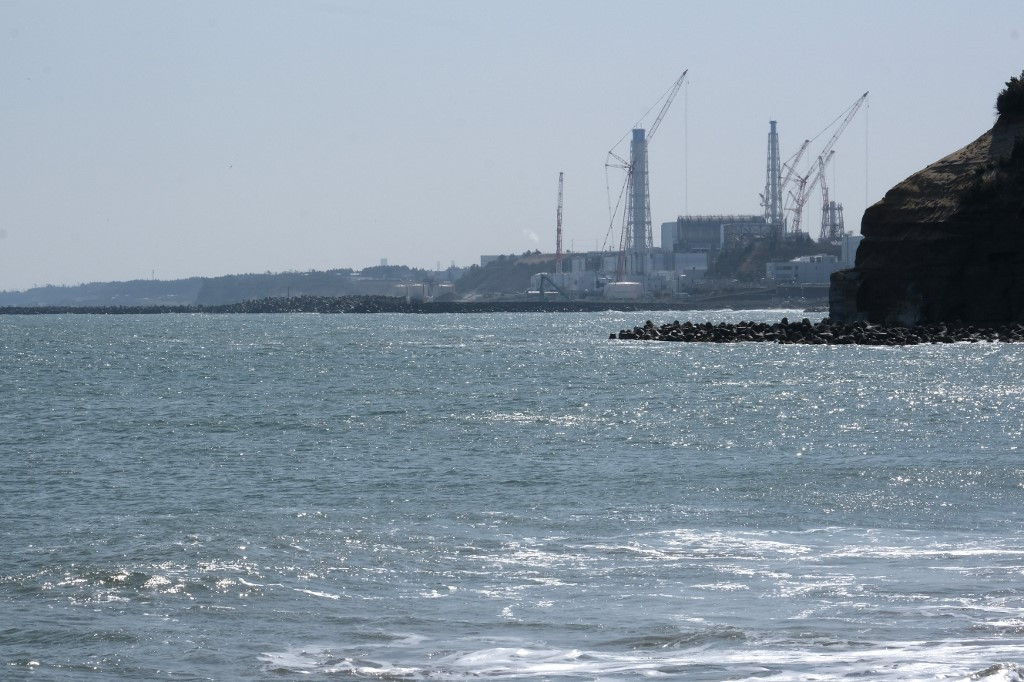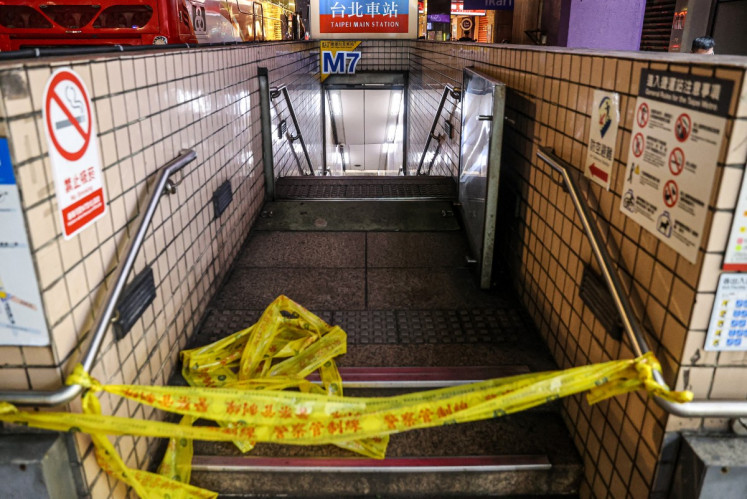Popular Reads
Top Results
Can't find what you're looking for?
View all search resultsPopular Reads
Top Results
Can't find what you're looking for?
View all search resultsJapan allows nuclear plants to operate beyond 60 years
The bill intends to "establish an electricity supply system that will achieve a carbon-free society", a parliament spokesman told AFP.
Change text size
Gift Premium Articles
to Anyone
J
apan on Wednesday passed a law allowing nuclear reactors to operate beyond 60 years, as it tries to reinvigorate the sector to meet energy challenges and climate targets.
The bill intends to "establish an electricity supply system that will achieve a carbon-free society", a parliament spokesman told AFP.
Under the new rules, the age cap technically remains 60 years but exceptions are allowed for reactors that have had to pause operations for "unforeseeable" reasons.
Those might include changes to safety guidelines, or provisional injunctions by a court.
The new rules allow operators to exclude periods of shutdown when calculating the total years of operation.
However, operators require approval from Japan's nuclear safety watchdog for the exemption, and the law also includes measures intended to strengthen safety checks at ageing reactors.
The government wants to "ensure a stable supply of electricity while promoting the use of carbon-free electricity resources," Japan's ministry of economy, trade and industry said in a statement.
The move comes as Japan's government looks to reinvigorate a nuclear sector that was taken offline after the 2011 Fukushima disaster caused by a deadly tsunami.
Most of Japan's nuclear reactors remain out of action today, but the global energy crisis has reopened debate on the subject and polls show that public views on nuclear power are softening.










